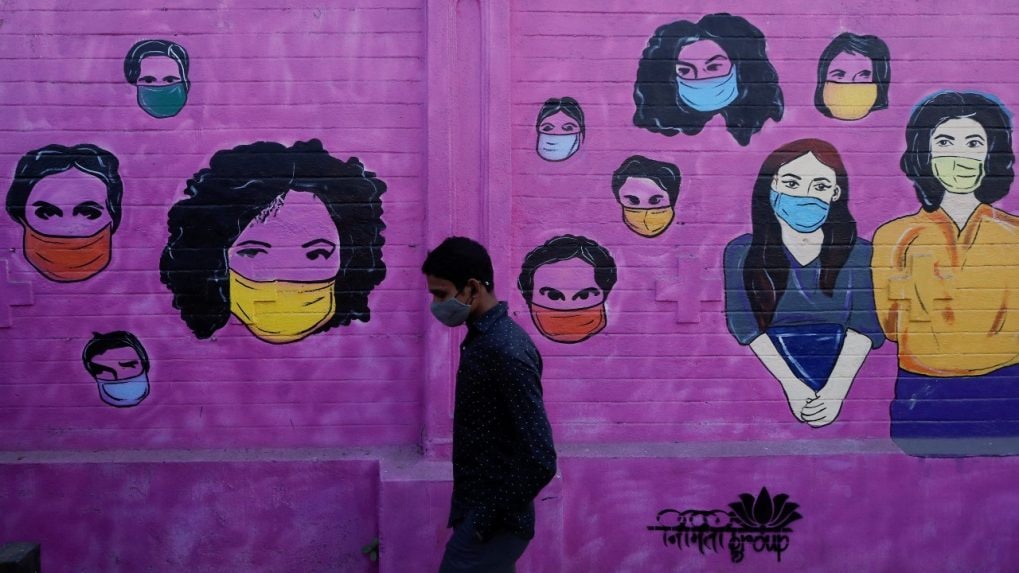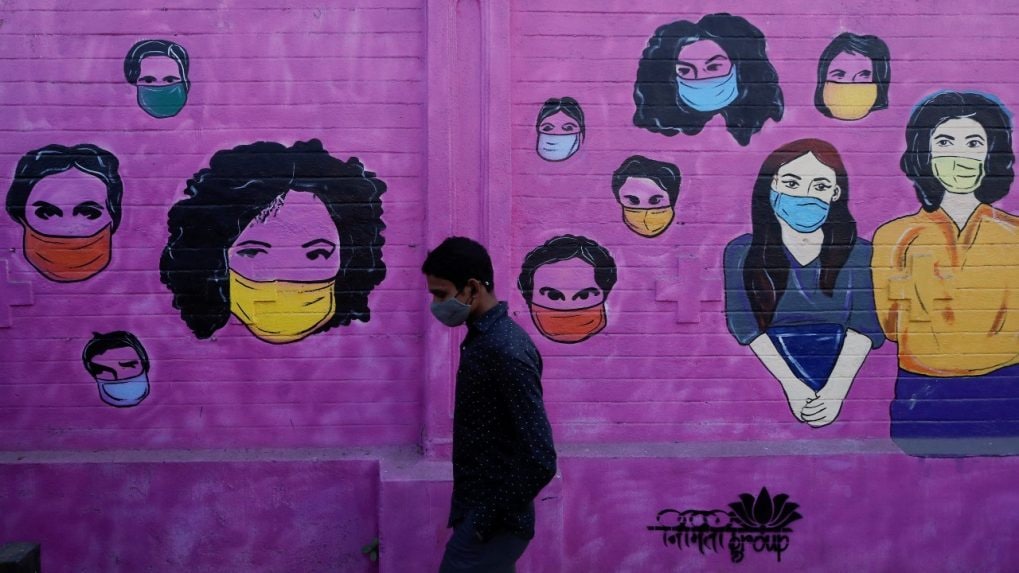COVID-19: The rise and rise of India’s post-pandemic healthtech innovation Leave a comment

The biggest takeaway of the otherwise unfortunate pandemic was probably the acceleration that India’s healthcare innovation and MedTech industry received. Suddenly the possibility of consulting an expert doctor who is 300 kilometres away from your hometown through an online consultation app seemed like a much-needed regular task.
Restricted healthcare access in thousands of towns across India, high medical expenses and the ever-increasing concerns of the quality and authenticity of medicines in smaller towns have given way to young tech-enabled startups to create real solutions. It is worth noting that 2020 alone saw a massive 200 percent increase in the number of orders on e-pharmacies as well as 300 percent increase on tele-consultation platforms.
“The one upside of COVID is that it has made people more conscious about their health which has accelerated the adoption of tele-medicine. In Pune alone, Remassis handled more than 25,000 tele-medicine calls during the COVID period. (Roughly) 25 percent of these calls were from people who just wanted to understand how to build better immunity and resistance against COVID-like pathogens,” noted Arunabh Sinha, co-founder of Remassis, a fast-growing cloud clinics and tele-medicine startup.
Also read:
Interestingly, online video consultation is not the only innovative area in healthtech. From managing chronic conditions, monitoring body vitals and predicting health conditions in advance through hardware devices to diagnostic services, startups are disrupting every single area of the healthcare chain. The new trend of 10-minute deliveries will further intensify the e-pharmacy business, set to see deeper innovation with Artificial Intelligence and Machine Learning.
With $2.2 billion funding across 131 deals in 2021 and an industry slated to be a $50 billion ballgame by 2033, this is just the tip of the iceberg that we are witnessing right now. India’s healthtech innovation has a huge headroom for growth, as even indicated by global benchmarks.
However, no disruption was ever witnessed without its own consequences and challenges. For example, live online consultation has faced multiple challenges like lack of past patient data and lack of enough internet bandwidth with patients in remote towns. But there is still a long way to go when it comes to the intersection of health and technology. Like every industry which faces disruption, the innovation in the healthcare ecosystem has started from solving the problems of supply chain.
One major push in this direction will be the Unified Health Interface (UHI) being introduced by the government on the lines of UPI. The National Digital Health Mission (NDHM) has aimed that UHI will transform the healthcare system in India, making it more accessible, affordable and ensuring privacy of the personal health-related information of the citizens of the country.
While the success of UHI is yet to be tested on ground, the previous penetration of UPI in the fintech space shows a positive precedent. Combined with the tech prowess of India’ startups, UHI could do wonders for the digitisation of the healthcare industry in the country.
Thus, with a population that is increasingly getting aware about preventive care, nutrition, well-being and also worried about rising healthcare expenditure and prevalence of chronic diseases, the growth of HealthTech innovation is inevitable.


